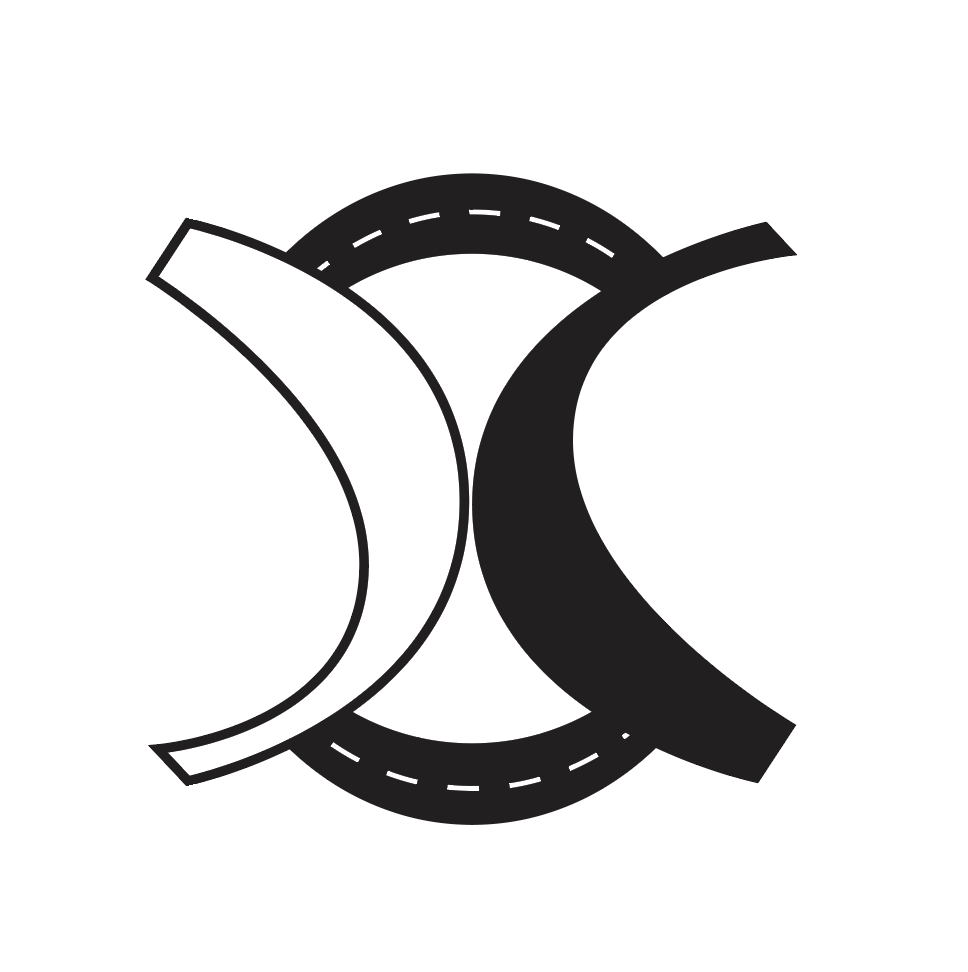***
Frequently asked questions
SPECIALIZED HYGIENISTS: WHAT IS AN RDHAP?
A registered dental hygienist in alternative practice (RDHAP) offers an alternative to private practice, and in doing so addresses access to care barriers by serving vulnerable patient populations. With on-site dental hygiene, people who might go untreated can receive care. Examples of when house calls are beneficial:
Skilled nursing facilities & the like
Challenged mobility, cognitive impairment, limited manual dexterity, dry mouth, and complex medical histories are common in this population. Healthcare professionals understand that the health of the mouth impacts the health of the body, and that oral health is integral to sustained systemic health as well as quality of life.
Pregnancy & the family unit
Oral healthcare is an important part of prenatal care. Additionally, the health of each member in the family unit can be addressed so more time can be dedicated to recovery, bonding, etc.
radiation therapy
To avoid complications like osteonecrosis of the jaw, meticulous oral hygiene is required of those who have undergone radiation therapy to the head and neck.
Developmental Disability
If an environment has been established at home that best suits the individual then it makes sense to bring care to them.
MObility & Memory
If getting to a dental office is too risky (e.g. injury from falling, getting hopelessly lost, etc.) then house calls are an alternative.
schools
Eye exams are conducted at schools, why not dental hygiene, too? Kids stay on campus, parents stay out of traffic, and disruption to education is minimized.
osteoporosis
Serious life-altering complications can arise in those with a history of bisphosphonate use who require oral surgery. The best treatment is prevention in the form of good oral hygiene.
Veterans
Returning to civilian life can be daunting, which is why bringing services to the individual in a familiar safe space can be helpful.
Preoperative & postoperative care
Decreasing oral bacteria prior to surgery facilitates recovery, and maintenance while in recovery is helpful if the ability to engage in the activities of daily living are compromised.
Caregivers
House calls are suitable for those who find it challenging to come into a dental office. Caregivers are often the primary caretaker and unable to leave those in their charge unattended, which makes caring for themselves difficult.
WHAT SHOULD I DO IF I NEED A DENTIST?
There are various reasons why a person might require a dentist. For non-emergencies, patients can either go to a dentist or have a dentist brought to them. That dentist can either be someone Lauren chooses or someone the patient chooses. If the patient has a dentist they would like to be seen by then please convey that to Lauren as she is happy to work with the existing dental team.
What is the liability of the referring provider?
No more than when referring to any other specialist. Lauren carries her own professional liability insurance.
What doctor does lauren work for?
Dental hygienists (i.e., license RDH) who work in dental offices are employees who work for dentists. Dental hygienists who do house calls (i.e., license AP) are sole proprietors who work with dentists depending on the needs of the patient. Lauren uses both licenses.
Does Lauren accept insurance?
Lauren is an out-of-network provider. As a courtesy, a claim is submitted on the patient’s behalf to the insurance company, and the insurance reimbursement goes directly to the insured, which is why payment is due when services are rendered. Lauren does not submit claims to DentiCal or Medicare.
